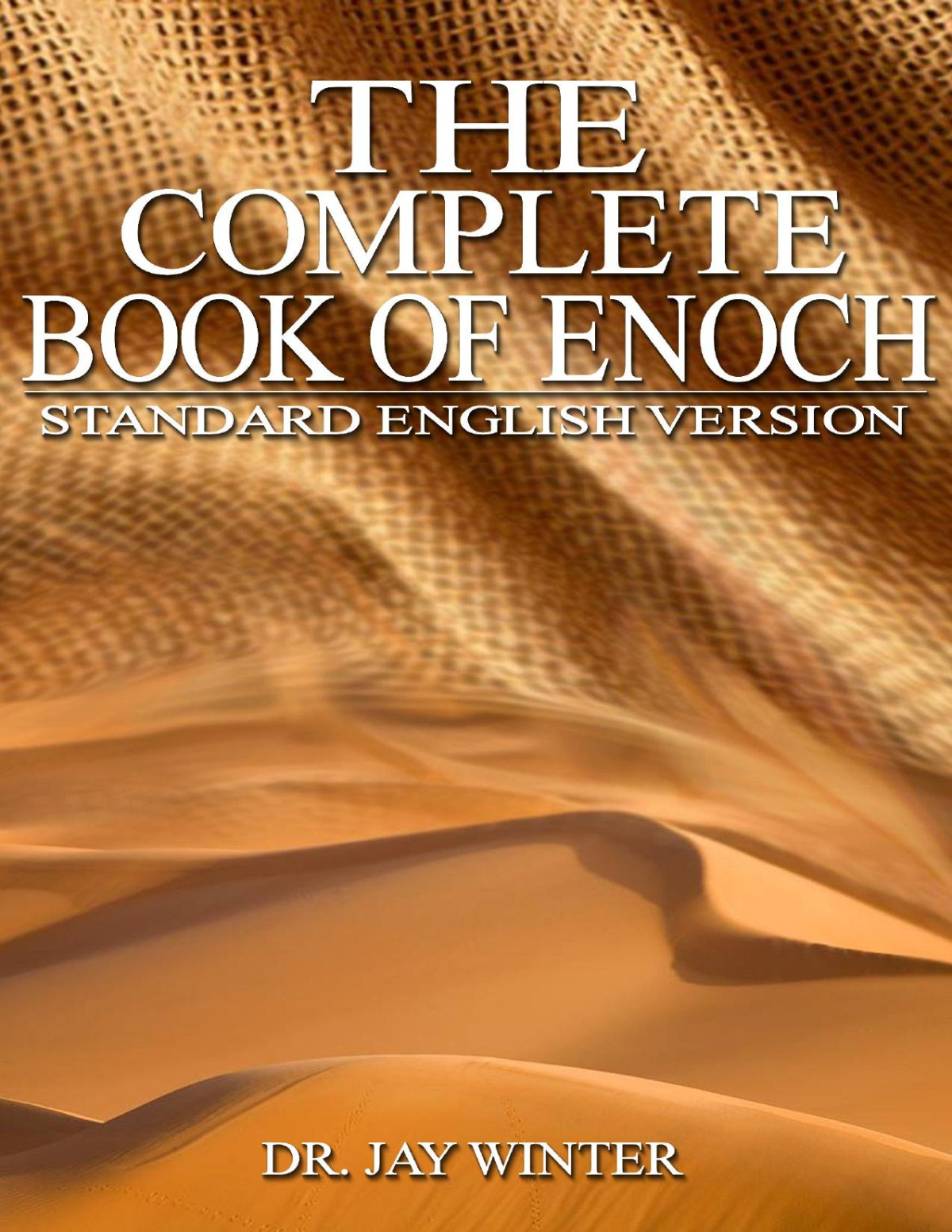

Most ebook files are in PDF format, so you can easily read them using various software such as Foxit Reader or directly on the Google Chrome browser.
Some ebook files are released by publishers in other formats such as .awz, .mobi, .epub, .fb2, etc. You may need to install specific software to read these formats on mobile/PC, such as Calibre.
Please read the tutorial at this link: https://ebookbell.com/faq
We offer FREE conversion to the popular formats you request; however, this may take some time. Therefore, right after payment, please email us, and we will try to provide the service as quickly as possible.
For some exceptional file formats or broken links (if any), please refrain from opening any disputes. Instead, email us first, and we will try to assist within a maximum of 6 hours.
EbookBell Team

4.0
16 reviewsThe Book of Enoch (also known as 1 Enoch) was once cherished by Jews and
Christians alike, this book later fell into disfavor with powerful theologians -
precisely because of its controversial statements on the nature and deeds of the
fallen angels.
The Enochian writings, in addition to many other writings that were excluded (or
lost) from the Bible (i.e., the Book of Tobit, Esdras, etc.) were widely recognized
by many of the early church fathers as "Apocryphal" writings. The term
"apocrypha" is derived from the Greek word meaning "hidden" or "secret".
Originally, the import of the term may have been complimentary in that the term
was applied to sacred books whose contents were too exalted to be made
available to the general public.
In Dan. 12:9-10 we hear of words that are shut up until the end of time and,
words that the wise shall understand and the wicked shall not. In addition, 4 Ezra
14:44ff. mentions 94 books, of which 24 (the OT) were to be published and 70
were to be delivered only to the wise among the people. Gradually, the term
"apocrypha" took on a pejorative connotation, for the orthodoxy of these hidden
books was often questionable. Origen (Comm. in Matt. 10.18; p. 13.881)
distinguished between books that were to be read in public worship and
apocryphal books. Because these secret books were often preserved for use
within the esoteric circles of the divinely - knit believers, many of the critically -
spirited or "unenlightened" Church Fathers found themselves outside the realm
of understanding, and therefore came to apply the term "apocryphal" to, what
they claimed to be, heretical works which were forbidden to be read.